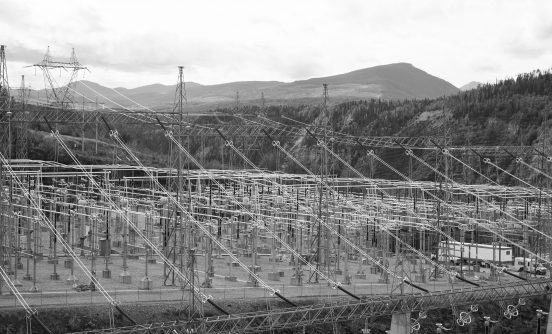We acknowledge that UBC’s campuses are located on the traditional, ancestral, and unceded territories of Indigenous Peoples. The Point Grey campus is situated on the xwməθkwəy̓əm (Musqueam) territory; the Okanagan campus is on the territory of the Syilx (Okanagan) Peoples; and UBC Robson Square and other Vancouver sites are on the territories of the Coast Salish Peoples, including the xwməθkwəy̓əm (Musqueam), Skwxwú7mesh (Squamish), Stó:lō, and Səl̓ílwətaʔ/Selilwitulh (Tsleil-Waututh) Nations.
Land Acknowledgement


Leave a Reply